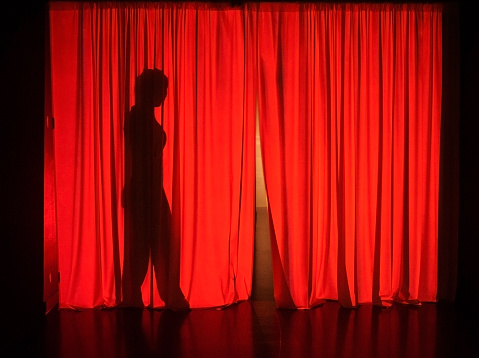How to Direct a Short Play

While directing a short play, the director’s main task is to completely organise the production; he/she is required to know how to divide responsibility, guide the crew and actors, make key decisions, and help create a sound production that supports the script. He/she should be able to take out a lot of time to make sure that the actors are aware of their roles and characters, that the props are being created as per schedule, the rehearsals are being done on time, and the lights and audio are working smoothly, along with handling other production jobs. Directing a short play is not easy, and a lot of effort is required to pull it off successfully on performance night.
Instructions
-
1
Understand the script
Make sure you read the play a number of times in order to completely understand the story and the theme of the script. Get to know the plot, characters, setting and dialogues. This will aid you in forming your own vision for how you want to direct the short play. Also, create a scene sketch of how you see the play. Keep a notepad, note cards or some white printing paper so that you can show others where you wish to place the actors on the stage, and how you want the backdrops to look. This will help you during the rehearsals. -
2
Boost the confidence of the actors
It is very important to encourage the actors to play their characters in the best way possible. Make notes on all actors depending on how you can help them improve. If they are not comfortable or not at ease, improvise a little bit to make them concentrate and get the play rolling. Tell them to learn their lines, practice their roles, and highlight where they can change their style and delivery. Be clear in your instructions in order to avoid confusion. Know that actors might ask you about the background of their role and character. Therefore, be prepared for such questions. -
3
Assist the stage crew and cast members
It is essential for a director to be supportive of the actors and the stage crew who work behind the scenes. Everyone in the production will look up to the director to aid, inspire and guide them throughout the play. As a result, be calm and composed even during the worst of times. Coordinate with the stage manager as well so that regular rehearsals are arranged. Chat with all the actors to know about their point of view and get their feedback. Lighting should also be done properly; try not to make the stage too dark or too bright. You will also need to give feedback to the sound crew, and coordinate with them on a regular basis.







